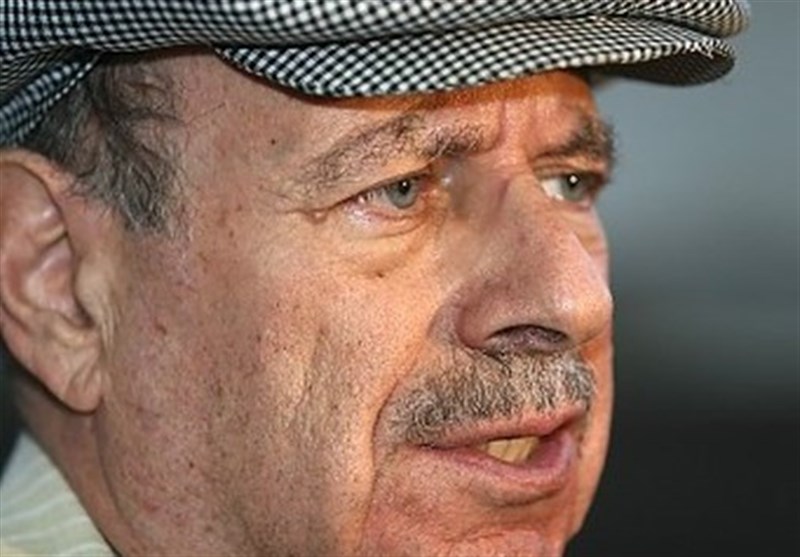Joining FATF to Be ‘Very Dangerous’ for Iran: US Prof.

"Well, it is very clear that the accusations and threats are a form of blackmail
to coordinate which US policy to build up a case at Iran’s financial laws in
order to impose financial sanctions and cut off financial transactions between
Iran and different banks in Europe and Asia, elsewhere. Let us be clear on this.
If the FATF were serious about attacking money laundering, it would begin with
the cases under its own nose,” James Petras, who has written dozens of books on
international issues, told Tasnim in a phone interview on Saturday.
He added, "They are raising the issue of financing terrorism. The biggest
financier of terrorism in Syria today is the United States and the European
Union, which have been funding terrorism since 2011. So again, if the FATF was
serious, they would begin with the biggest problems and the problems lie in the
US and London.”
According to a report, citing European sources, published by the Wall Street
Journal on July 16, Iran would need to implement legislation to meet
anti-money-laundering standards set by the FATF if Tehran seeks to forge
financial links with Europe following Washington's pullout from the JCPOA on May
8.
Asking about the report, Professor Petras said, "The European Union is trying to
abide by Trump’s ruling. If Iran turns down the EU’s request and not join the
FATF, they would say that Iran is not abiding by the nuclear deal, and will
finally leave the deal. This is a form of backdoor compliance with Trump rather
than with the international agreement. It will be very dangerous for Iran to
join the FATF at this time, under these circumstances and with this kind of
leadership and direction.”
On June 30, The Financial Action Task Force (FATF) said Iran had until October
to complete reforms that would "bring it into line with global norms or face
consequences” that could further deter investors from the country.
"The FATF is disappointed with Iran’s failure to implement its action plan to
address its significant AML/CFT deficiencies,” the organization said.
Leader of the Islamic Revolution Ayatollah Seyed Ali Khamenei on June 30 called
on Iranian lawmakers to act self-reliantly when it comes to ratifying treaties
invented for the good of big powers, saying the positive aspects of such
conventions are not enough for Iran to join them.
Source: Tasnim
















